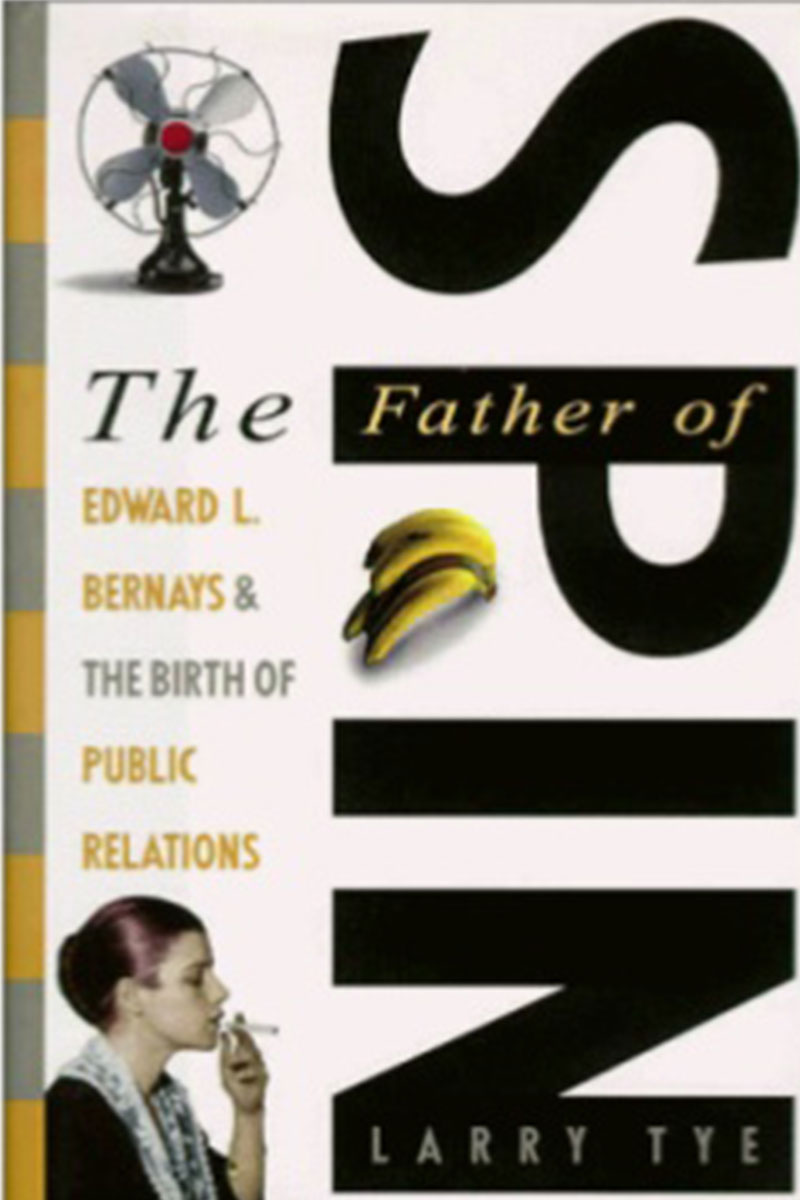Books
Catalogue
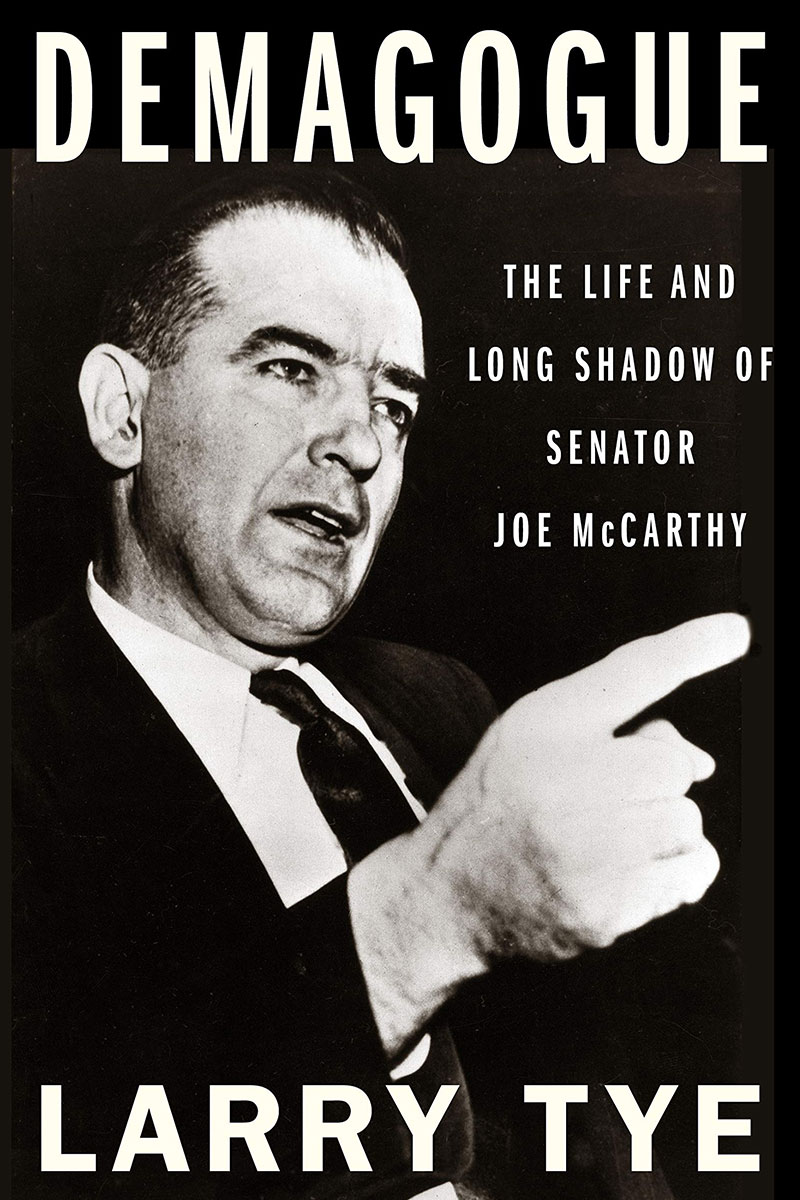
Demagogue
Demagogue is two books in one – a biography of Wisconsin Senator Joe McCarthy, one of the most reviled figures in U.S. history, and a broader look at America’s long-standing love affair with bullies.
Author Larry Tye got the first-ever access to McCarthy’s personal and professional papers, medical and military records, love letters, wartime diaries, and other files that had been under lock and key for half a century. Examining this fresh evidence of McCarthy’s official excesses, and of his surprising behind-the-scenes humanity, makes him more authentic, if also more confounding. Today, every schoolchild in America is introduced to Joe McCarthy, but generally as a caricature, and their parents and grandparents recall the senator mainly with catch phrases like witch hunter or with a single word: evil. The newly disclosed records let us shave away the myths and understand how the junior senator from Grand Chute rose to become powerful enough not just to intimidate Dwight Eisenhower, our most popular postwar president, but to provoke senators and others to take their own lives. Pulling open the curtain, Tye reveals Senator McCarthy as neither the Genghis Kahn his enemies depicted, nor the Joan of Arc rendered by friends.
Somewhere between that saint and sinner lies the real man. He was in fact more insecure than we imagined, more undone by his boozing, more embracing of friends and avenging of foes, and more sinister.
But this is more than the biography of a single bully. A uniquely American strain of demagoguery has pulsed through the nation’s veins from its founding days. Although Senator McCarthy’s drastic tactics and ethical indifference make him an extraordinary case, he was hardly an original. He owed much to a lineup of zealots and dodgers who preceded him – from Huey “The Kingfish” Long to Boston’s “Rascal King” mayor James Michael Curley and Michigan’s Jew-baiting radio preacher Father Charles Coughlin – and McCarthy in turn became the exemplar for nearly all the bullies who followed. Alabama Governor George Wallace, Nation of Islam minister Louis Farrakhan, and Ku Klux Klan Grand Wizard David Duke tapped the McCarthy model, appealing to their countrymen’s simmering fears of imagined subversions even as they tried to escape the label of McCarthyism. All had big plans and glorified visions in which they played the crowning roles.
As gut-wrenching as their tales are, McCarthy and his fellow firebrands offer a heartening message at a moment when we are desperate for one: every one of those autocrats – Curley and Wallace, Coughlin and McCarthy – fell even faster than they rose, once America saw through them and reclaimed its better self. Given the rope, most demagogues eventually hang themselves.
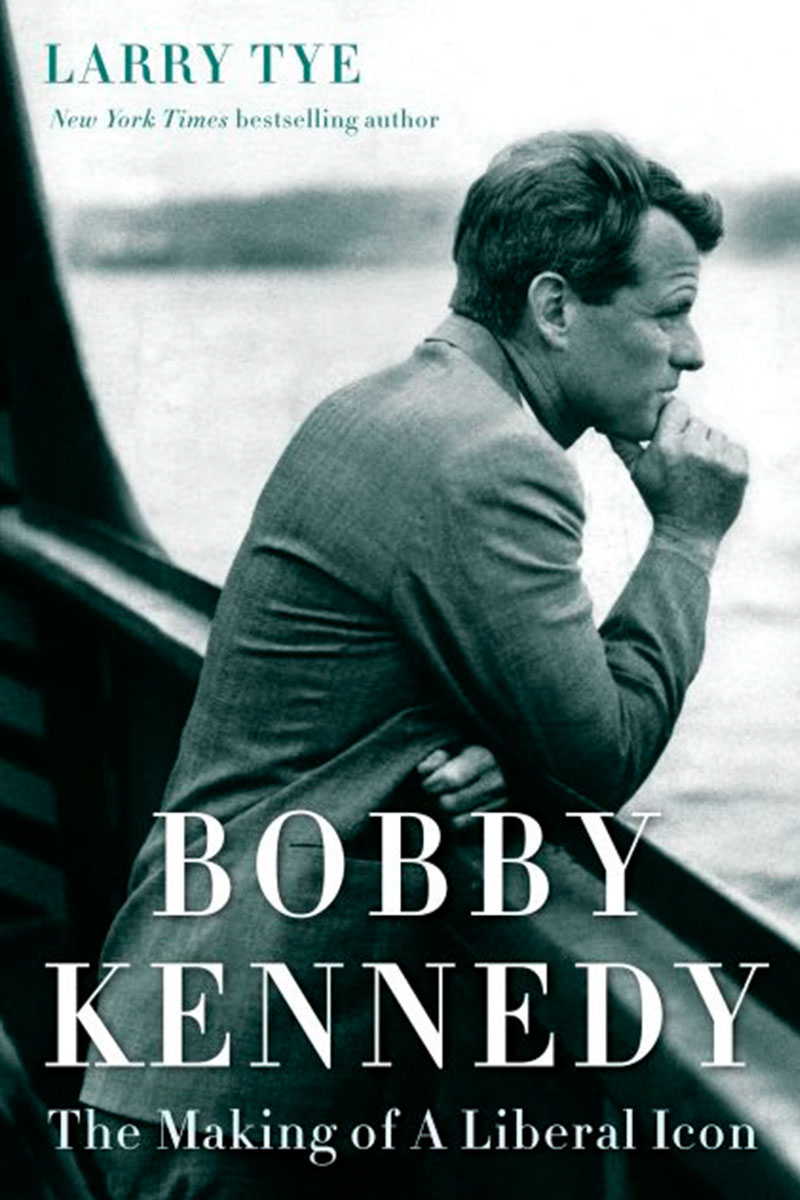
Bobby Kennedy
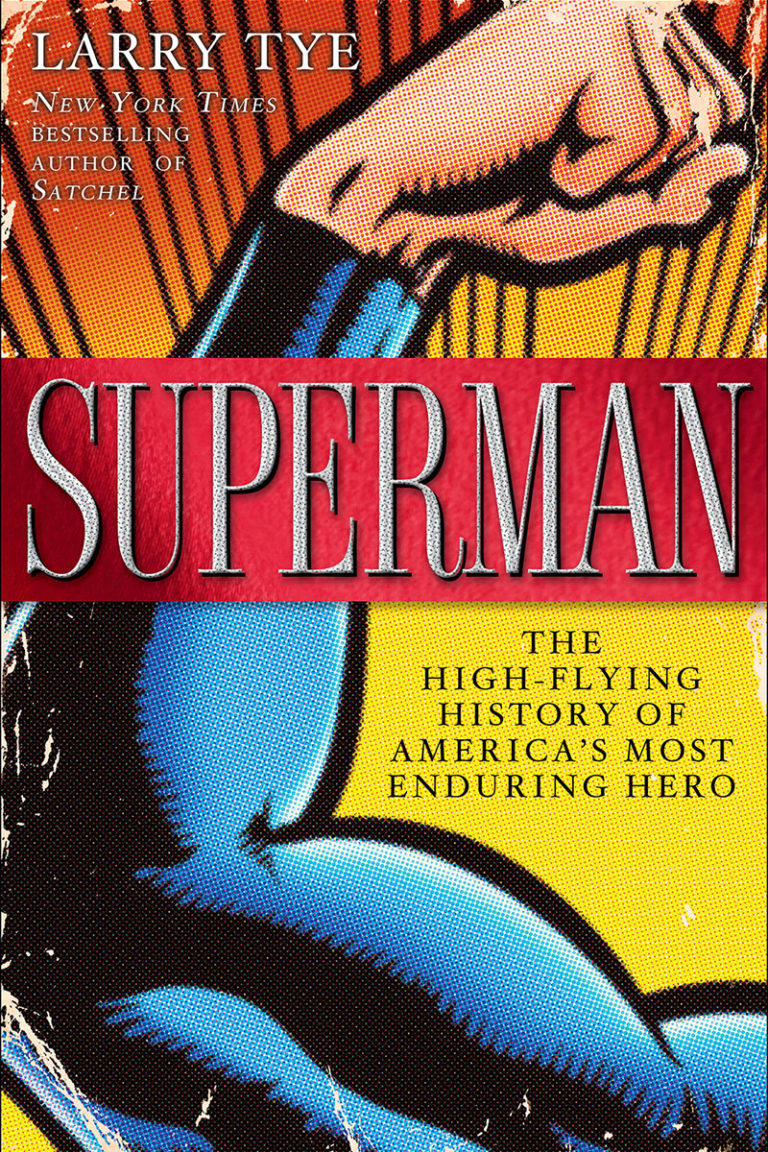
Superman
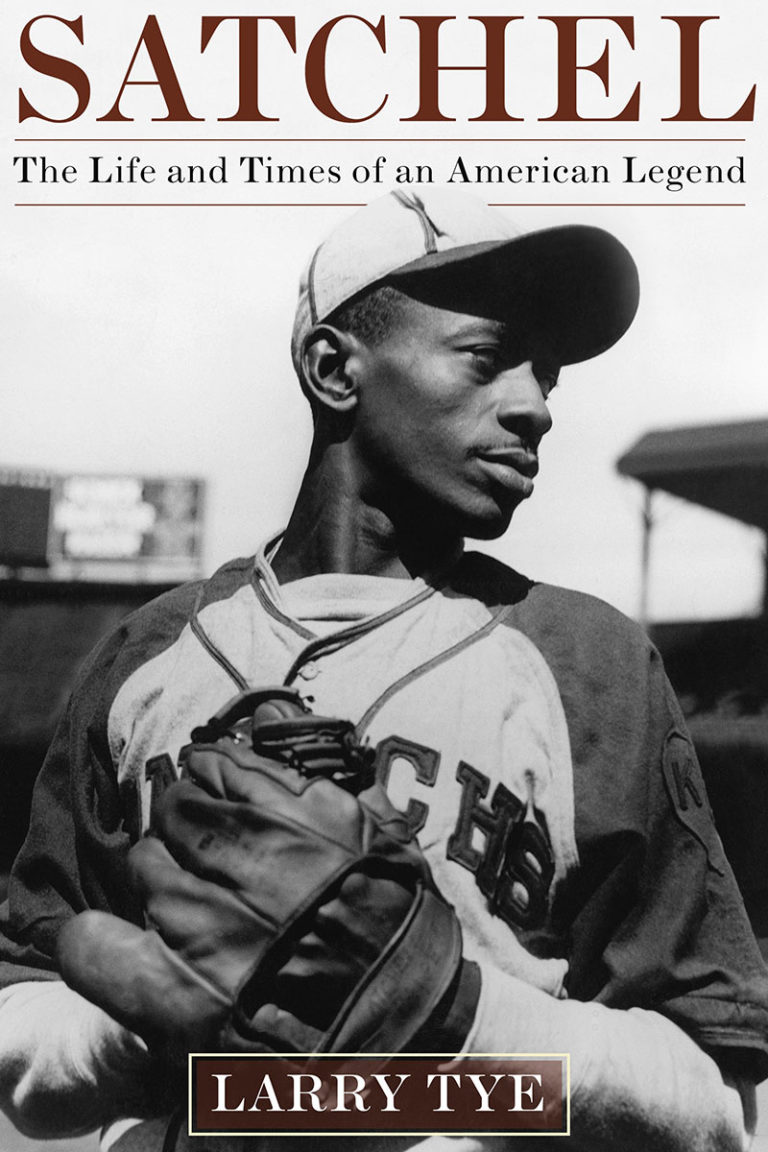
Satchel

Shock
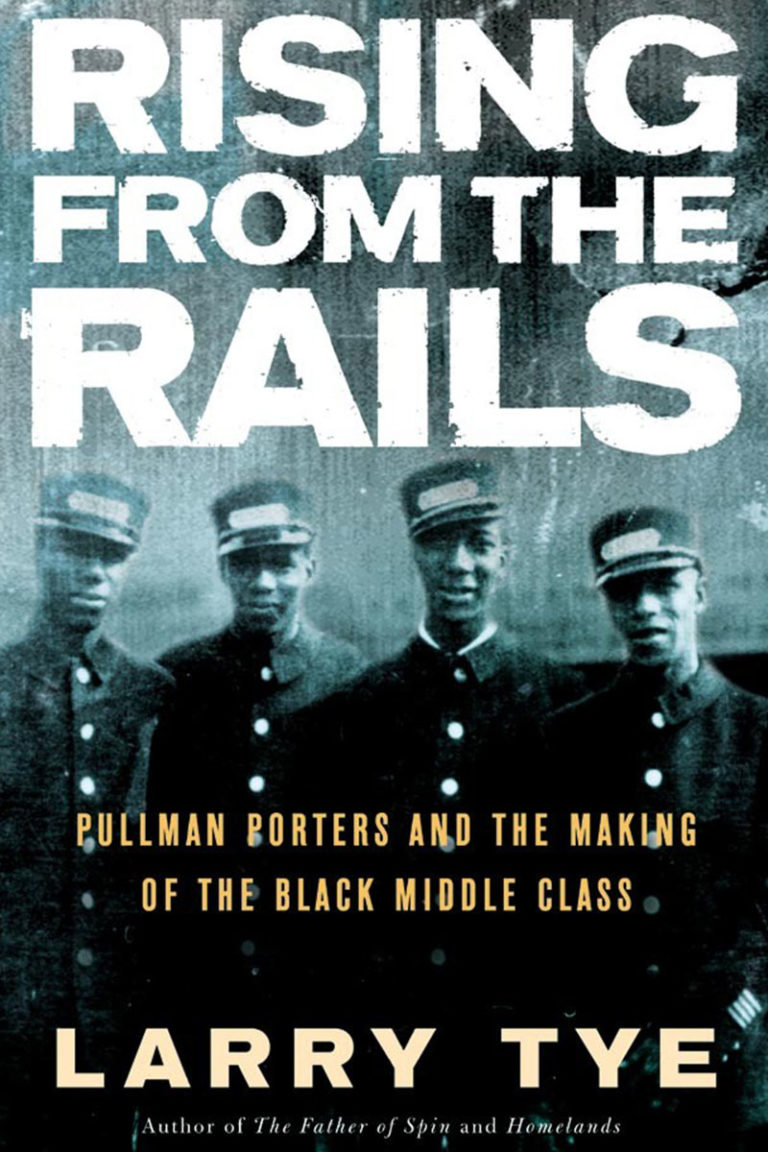
Rising From The Rails
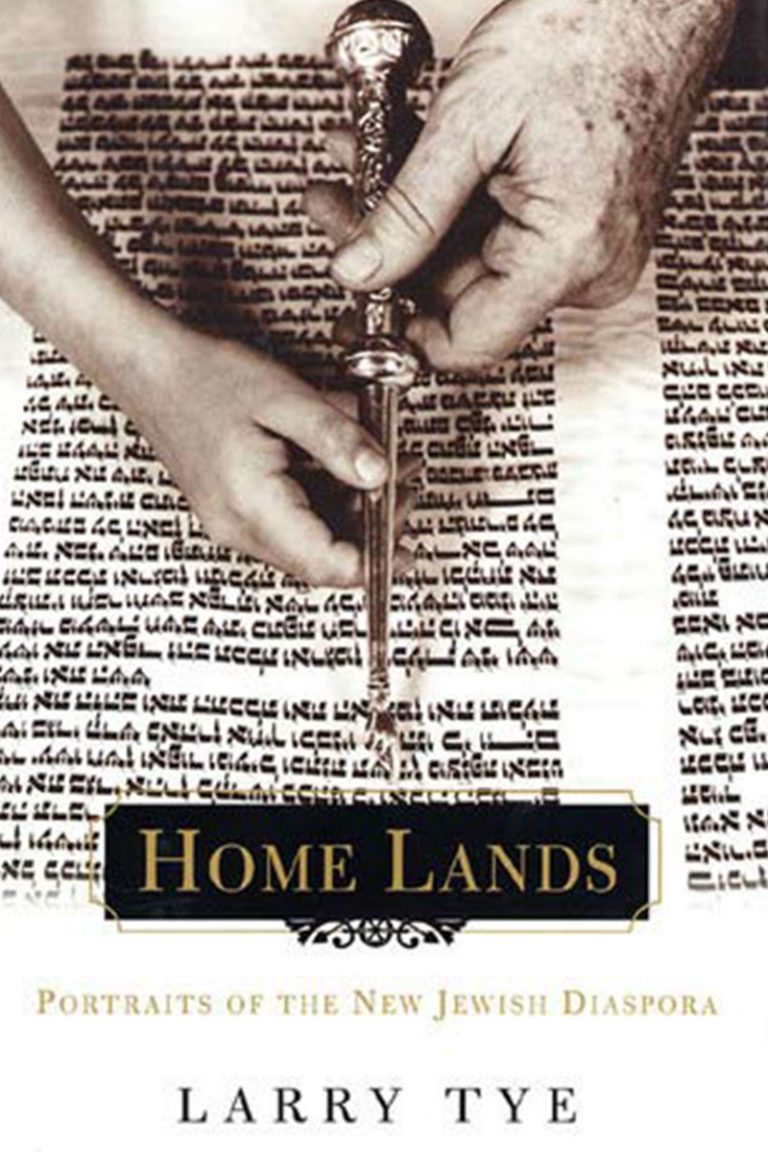
Homelands
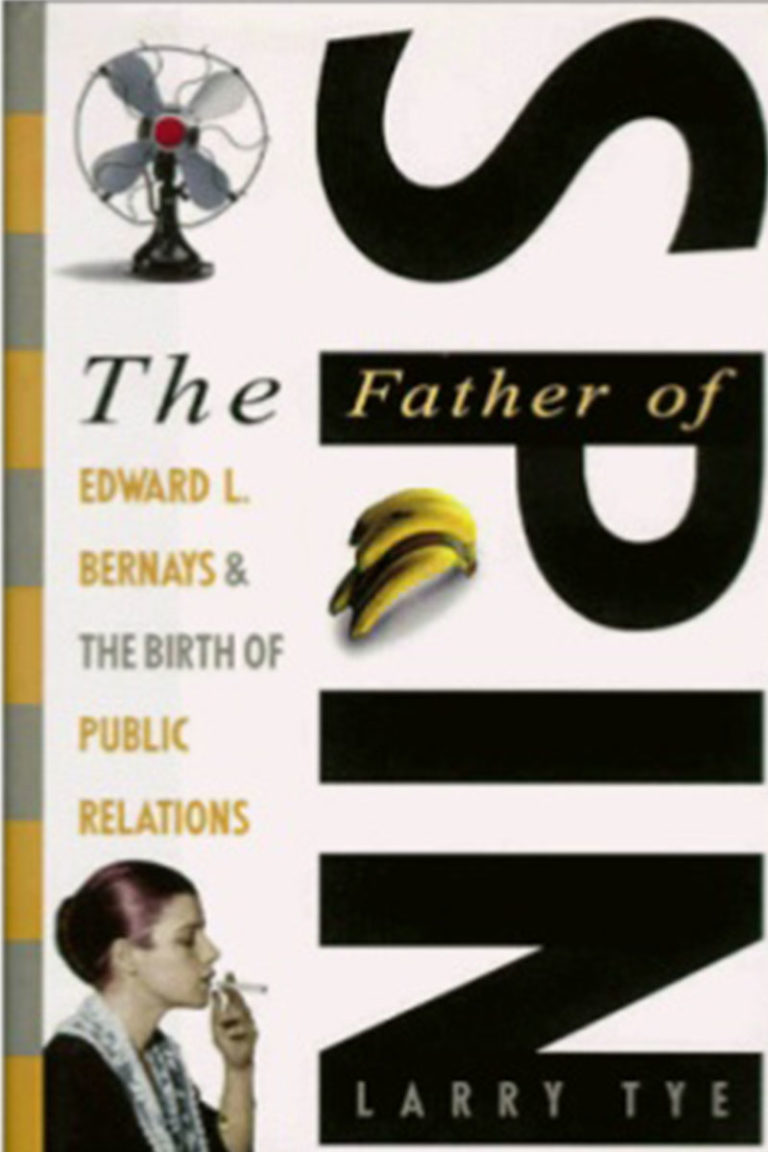
Father Of Spin

Reviews of DEMAGOGUE
DEMAGOGUE
Author Larry Tye got the first-ever access to McCarthy’s personal and professional papers, medical and military records, love letters, wartime diaries, and other files that had been under lock and key for half a century. Examining this fresh evidence of McCarthy’s official excesses, and of his surprising behind-the-scenes humanity, makes him more authentic, if also more confounding. Today, every schoolchild in America is introduced to Joe McCarthy, but generally as a caricature, and their parents and grandparents recall the senator mainly with catch phrases like witch hunter or with a single word: evil. The newly disclosed records let us shave away the myths and understand how the junior senator from Grand Chute rose to become powerful enough not just to intimidate Dwight Eisenhower, our most popular postwar president, but to provoke senators and others to take their own lives. Pulling open the curtain, Tye reveals Senator McCarthy as neither the Genghis Kahn his enemies depicted, nor the Joan of Arc rendered by friends.
Somewhere between that saint and sinner lies the real man. He was in fact more insecure than we imagined, more undone by his boozing, more embracing of friends and avenging of foes, and more sinister.
But this is more than the biography of a single bully. A uniquely American strain of demagoguery has pulsed through the nation’s veins from its founding days. Although Senator McCarthy’s drastic tactics and ethical indifference make him an extraordinary case, he was hardly an original. He owed much to a lineup of zealots and dodgers who preceded him – from Huey “The Kingfish” Long to Boston’s “Rascal King” mayor James Michael Curley and Michigan’s Jew-baiting radio preacher Father Charles Coughlin – and McCarthy in turn became the exemplar for nearly all the bullies who followed. Alabama Governor George Wallace, Nation of Islam minister Louis Farrakhan, and Ku Klux Klan Grand Wizard David Duke tapped the McCarthy model, appealing to their countrymen’s simmering fears of imagined subversions even as they tried to escape the label of McCarthyism. All had big plans and glorified visions in which they played the crowning roles.
As gut-wrenching as their tales are, McCarthy and his fellow firebrands offer a heartening message at a moment when we are desperate for one: every one of those autocrats – Curley and Wallace, Coughlin and McCarthy – fell even faster than they rose, once America saw through them and reclaimed its better self. Given the rope, most demagogues eventually hang themselves.

BOBBY KENNEDY
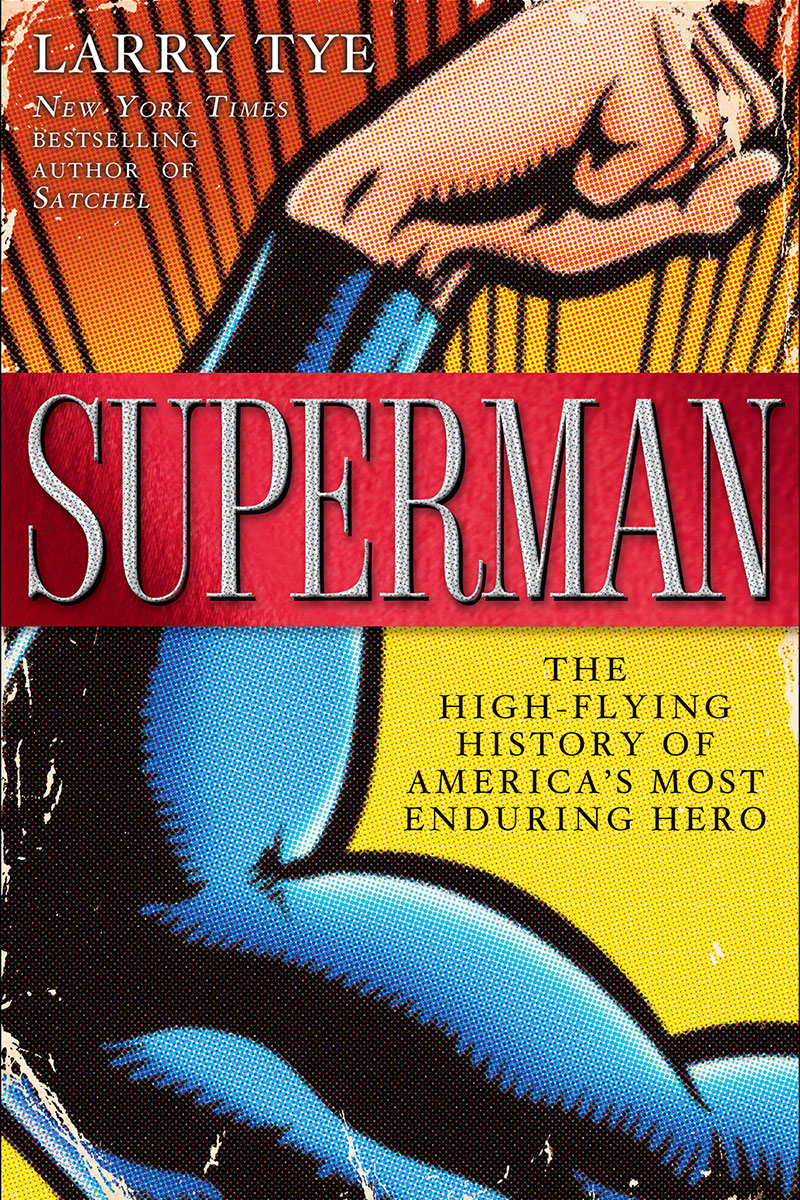
SUPERMAN
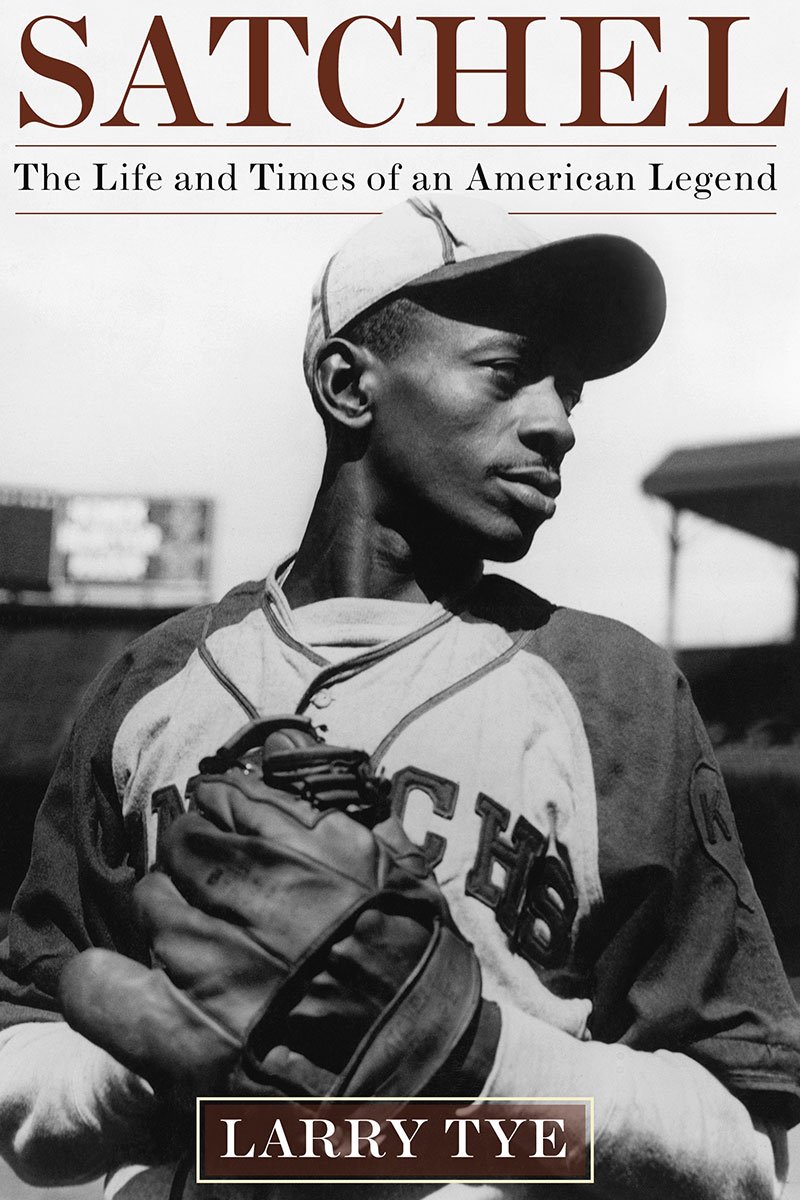
SATCHEL

SHOCK
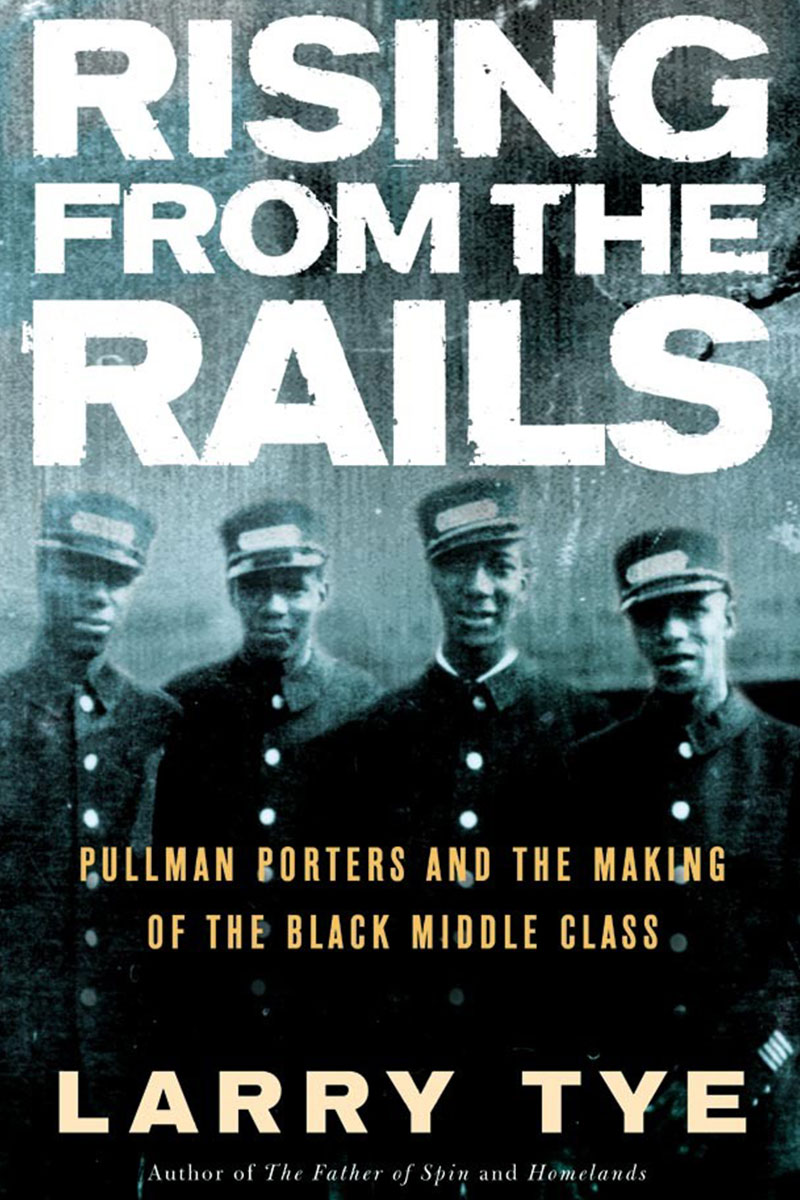
RISING FROM THE RAILS
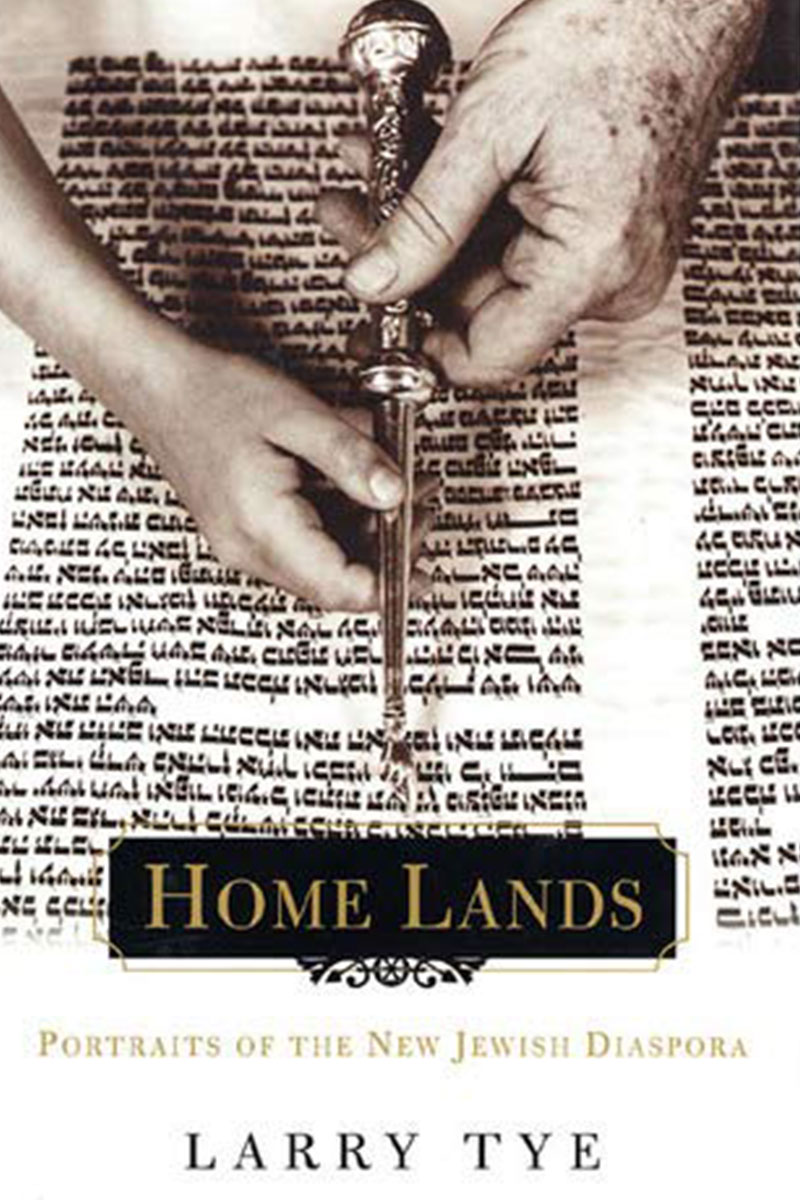
HOMELANDS
